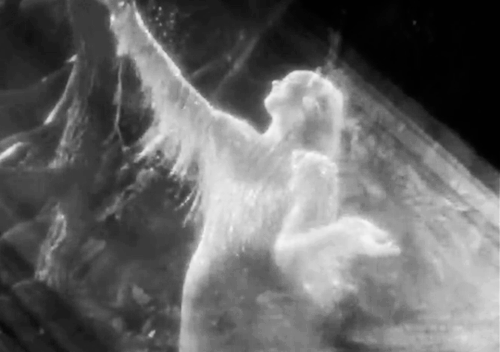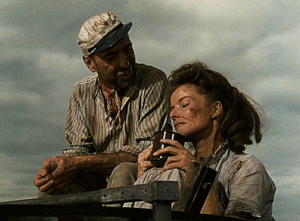A Midsummer Night’s Dream (1935)

…………………………………………………
A Midsummer Night’s Dream Movie Review
A Midsummer Night’s Dream is a 1935 fantasy comedy film directed by Max Reinhardt and starring Olivia de Havilland among others. It’s a respectable adaptation.
………………………………………………….
“Lord, what fools these mortals be!“
…………………………………………………..

…………………………………………………..
First and foremost, I am not the biggest fan of the source material. I love and respect Shakespeare, but I prefer his dramas instead of comedies as the comedies are never all that funny and I find his situational humor style very repetitive and not that interesting.
But as far as Shakespeare adaptations go, this is for sure one of the better ones. I have to admit that they really knew how to adapt this material to the big screen as the end result is far from stagy and theatrical which I hugely appreciated given that most movies from this period are theatrical and the original is a stage play.
The story involves fairies, young couples being manipulated to fall in love with others and the situational humor that derives from such situations. As I’ve said above, I do not find the story all that funny, not at all. And the movie is even less funny than the play because the humor is never really all that emphasized which was odd and the biggest problem of this entire flick.
But as a fantasy, the movie absolutely soars. Yes, it’s crazy to think about it, but one of the few true fantasy films that we’ve gotten from the thirties come from Shakespeare. The fairies, the donkey which is actually more horrific than creepy and simply the entire tone of the film is very fantastical, fairy tale-like and incredibly soothing and beautiful. You get transported to this world instantly and you enjoy your stay undoubtedly.
…………………………………………………..

…………………………………………………..
Let’s talk about the actors and their respective characters. Most of them are forgettable as they are in the play, but the acting is very strong actually and for the most part not all that theatrical which was surprising and very commendable, again giving the film a pleasantly cinematic feel which was necessary to differentiate it from the stage.
This is actually the screen debut of Olivia de Havilland and she’s as radiant and as lovely as always. I loved her here and it’s impressive how she instantly seemed like a star. Dick Powell was famously miscast in his role, but Ross Alexander and Jean Muir are both solid respectively.
But James Cagney as Bottom is by far the biggest reason to watch this film character and actor-wise. It was weird seeing him in such a light film, but my worries were quickly dispelled as he proved himself once again by delivering a truly tremendous, realistic and very memorable performance in the greatest role of them all when it comes to this particular story.
The reason why A Midsummer Night’s Dream is so impressively cinematic lies in its technical aspects. The direction from Reinhardt is actually pretty good given his lack of cinematic credentials, but the editing, pacing and of course the classical score are all great as well.
…………………………………………………..

…………………………………………………..
But the biggest standout is the cinematography. Not only do the costumes look marvelous, but the forest looks beautiful as well as the creatures thanks to great effects, amazing lighting and a realistically looking donkey. The movie won for editing which was a fine choice, but its win for cinematography is the most deserved one undoubtedly. And its Best Picture nod I found to be a good choice when all is said and done.
A Midsummer Night’s Dream is one of the better Shakespeare adaptations thanks in large part to its very cinematic approach. It was highly important to differentiate the product from its stage origins and they did just that with a great score, excellent editing and particularly amazing cinematography with truly impressive lighting choices, great costumes and good-looking creatures. The movie never succeeds as a comedy owing to its oddly humorless approach, but it does wildly succeed as an early fantasy picture.




